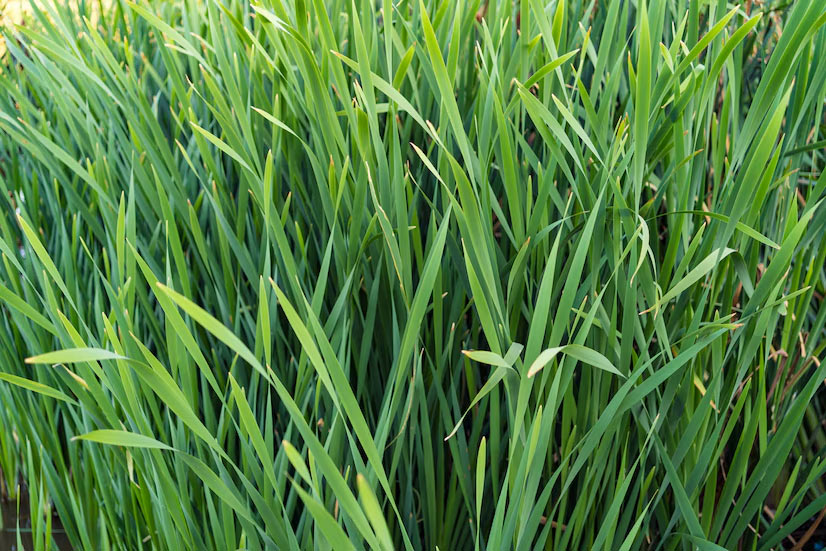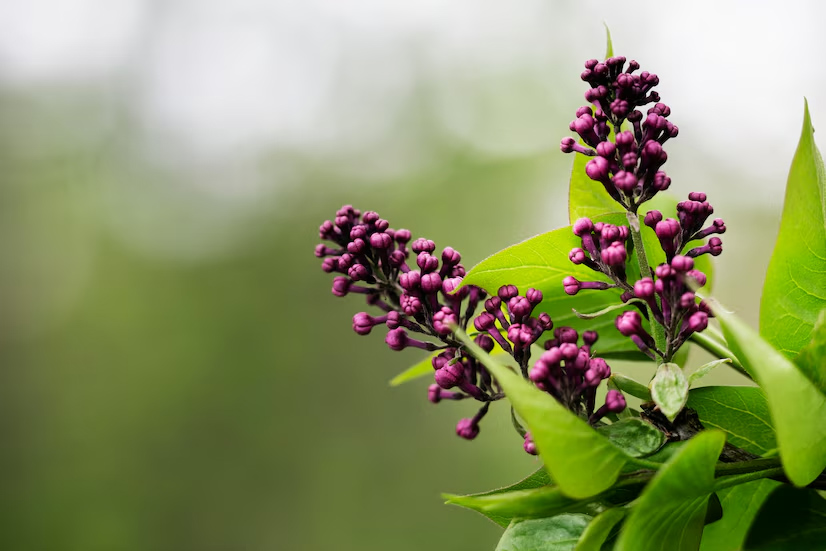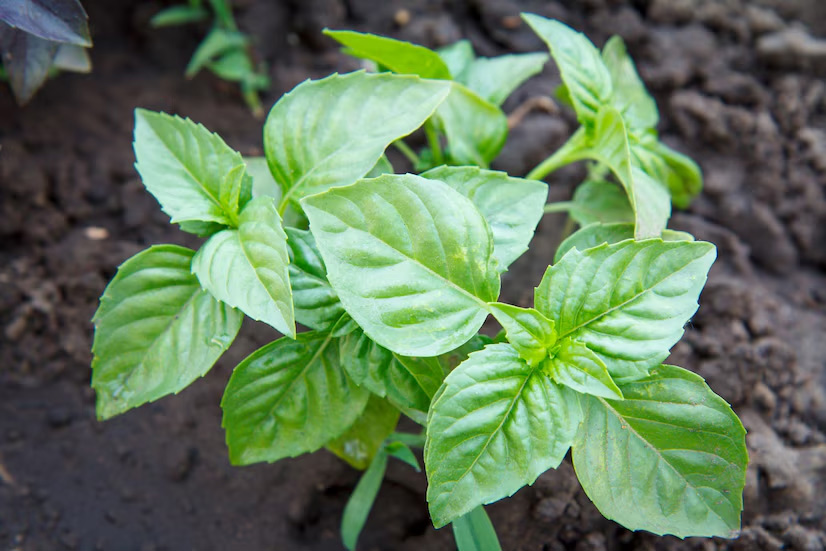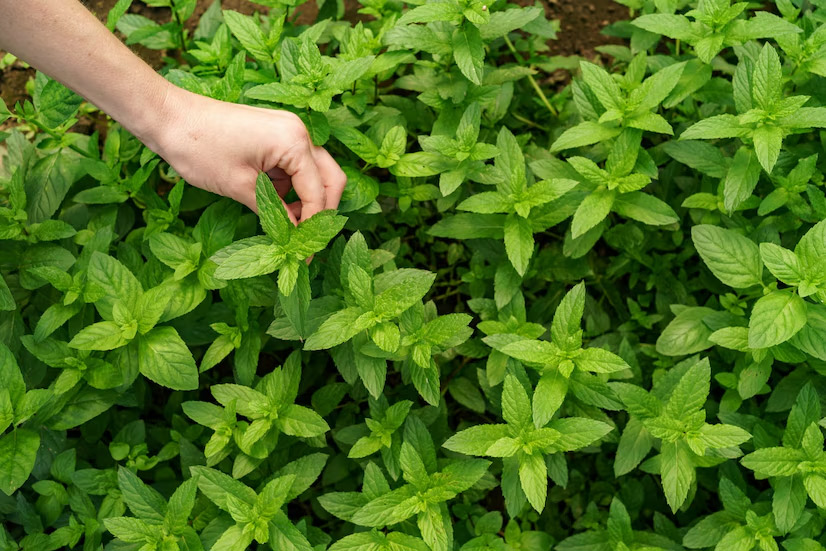
With the onset of monsoon, the fear of mosquito-borne diseases like dengue and malaria surges. These diseases, caused by the bite of infected mosquitoes, pose a significant health risk, especially in tropical regions. While conventional insect repellents and mosquito nets are effective, incorporating natural solutions can provide an additional layer of protection. Here, we explore five plants known for their mosquito-repelling properties.
Table of Content:-
1. Citronella

Citronella is a well-known natural mosquito repellent, often used in candles, sprays, and lotions. According to a study, the plant's strong lemon-like fragrance masks the scents that attract mosquitoes, effectively keeping them at bay.
How to use: Plant citronella in your garden or in pots around your home. You can also crush the leaves to release more of the essential oils, which can then be rubbed on the skin. However, always conduct a patch test first to ensure there is no allergic reaction.
2. Lavender

Lavender is not only a beautiful addition to any garden but also an effective mosquito repellent. Its calming scent is pleasant to humans but deters mosquitoes and other insects.
How to use: Grow lavender in sunny areas with good drainage. You can also use dried lavender flowers in sachets placed around your home or apply lavender essential oil to your skin. The oil can also be mixed with other oils like coconut oil for added skin benefits.
Also read: Dengue Prevention During Monsoon: Essential Tips For Staying Safe
3. Marigold

Marigolds are vibrant, easy-to-grow flowers. Research has shown that it contains pyrethrum, a compound used in many insect repellents. Their strong scent can deter mosquitoes and other garden pests.
How to use: Plant marigolds in your garden, especially near entrances and windows where mosquitoes are likely to enter. The flowers can also be used in bouquets or dried for potpourri to extend their insect-repelling properties indoors.
4. Basil

Basil is a dual-purpose plant, serving as both a culinary herb and a mosquito repellent. The pungent smell of basil leaves is unpleasant to mosquitoes, making it a great addition to your mosquito control strategy.
How to use: Grow basil in pots or your garden, ensuring it gets plenty of sunlight. You can also crush the leaves and rub them on your skin for a quick repellent. Additionally, placing pots of basil near windows and doorways can help prevent mosquitoes from entering your home.
5. Lemon Balm

A study published by ScienceDirect says that lemon balm is a great natural mosquito repellent. It is a member of the mint family with a strong lemon scent that mosquitoes dislike. This plant is easy to grow and can also provide a calming effect, making it a great choice for gardens and patios.
How to use: Plant lemon balm in your garden or in pots around your home. Crush the leaves and rub them on your skin for a natural mosquito repellent. The plant can also be used in teas and other remedies for its calming properties.
Practical Tips for Maximising Plant Effectiveness
To maximise the mosquito-repelling properties of these plants, consider the following tips:
Location: Place these plants in strategic locations around your home, especially near entry points like windows and doors.
Maintenance: Regularly prune and care for these plants to keep them healthy and ensure they produce the essential oils that repel mosquitoes.
Combination: Combine different plants for a multi-layered approach to mosquito control.
DIY Repellents: Experiment with making your own natural repellents using the essential oils from these plants. Mix a few drops of essential oil with a carrier oil like coconut or olive oil, and apply to your skin.
Conclusion
By incorporating these mosquito-repelling plants into your garden and home, you can create a natural barrier against mosquitoes, reducing the risk of dengue and malaria. Not only do these plants add beauty and fragrance to your surroundings, but they also offer a safe, eco-friendly alternative to chemical repellents. Embrace the power of nature and enjoy a mosquito-free environment this monsoon season.
Also watch this video
How we keep this article up to date:
We work with experts and keep a close eye on the latest in health and wellness. Whenever there is a new research or helpful information, we update our articles with accurate and useful advice.
Current Version